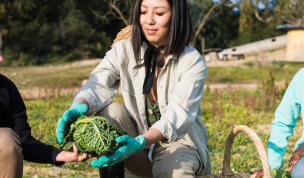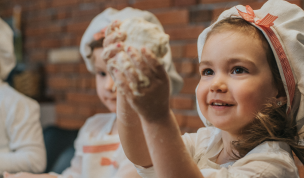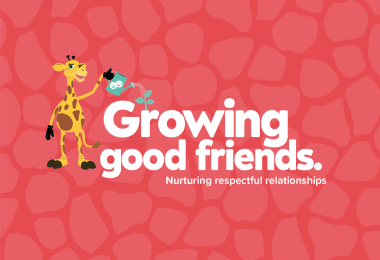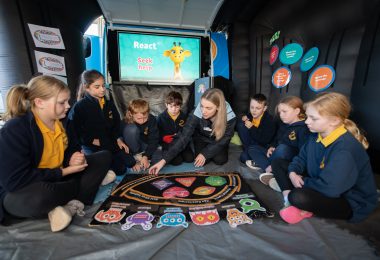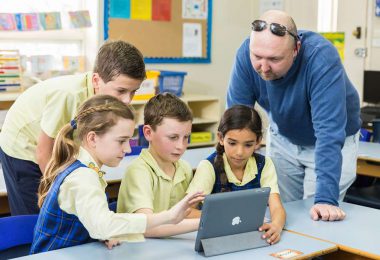Combating bullying behaviour
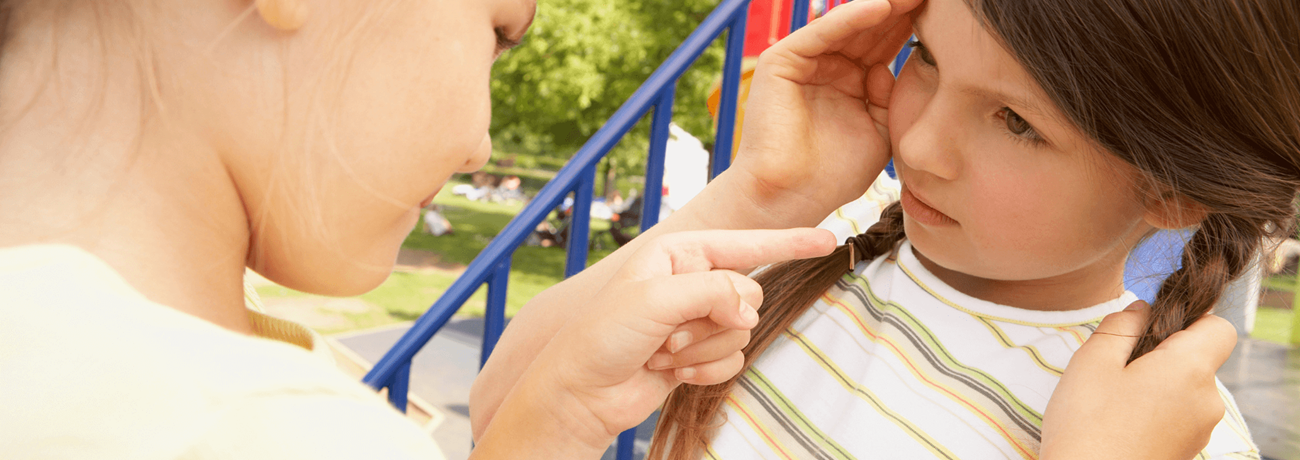
When we start to think about bullying, it’s important to understand exactly what bullying is and what it is not.
At Life Ed, we believe that bullying is an ongoing and deliberate misuse of power in relationships through repeated verbal, physical and/or social behaviour that intends to cause physical, social and/or psychological harm.
Similarly, any child can become a target of bullying. They may be seen as ‘different’, a threat (possibly if they are a high achiever or are just someone everyone likes) or simply lack a support network.
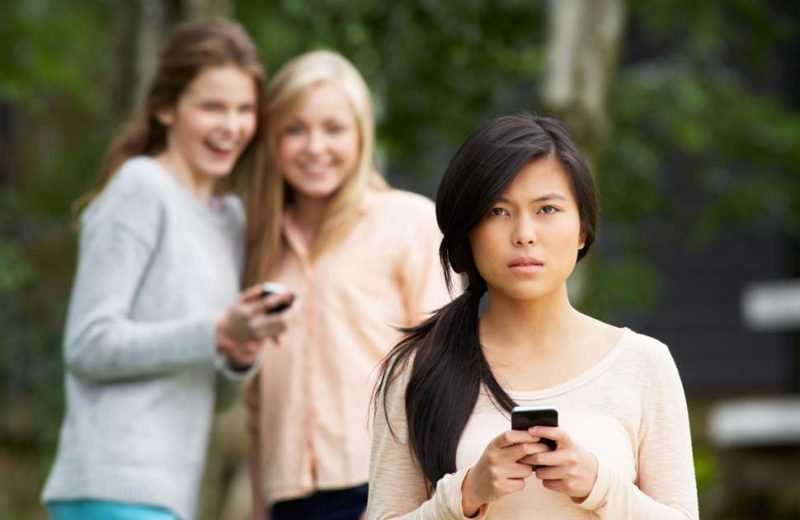
It’s amazing how often conversations about bullying or cyberbullying come up these days: whether they happen in the playground, on the sports fields, in the workplace, on social media or at home. Many of them are in response to an incident of bullying being exposed in the media or a disturbing episode closer to home.
As parents, it’s time to revisit bullying and turn our conversations towards prevention. Let’s focus on the key social and emotional skills our children need to be respectful and kind and avoid being a target for bullying behaviour.
Developing empathy is a strong preventative strategy, but there are other things we can do to help ensure our children are less likely to be the target of bullying as well as less likely to display bullying behaviour themselves.
One of the best ways to do this is to model the behaviour you’d like to see in your children. Don’t just tell them what to do, give them opportunities to learn and practice things like:
- Values e.g. friendliness, respect and acceptance of differences
- Emotional skills e.g. learning self-respect and impulse control (like “think before you act”), anger-management and empathy, acknowledging that not all feelings are positive and that everyone experiences a wide range of emotions, including negative ones.
- Social skills e.g. skills for making friends, resolving conflict and sharing and cooperation in play, sport and work.
- Thinking skills e.g. thinking through the consequences of their actions and looking at situations from another perspective.
With parents and children working together on these skills, they can help develop sensitivity to, and appreciation of, others around them.
Practical activities to do at home
- Practice small acts of kindness and friendship. This could be helping someone or talking to a new child/parent at your school.
- Show appreciation to others. For kids, this could be recognising the great work mums and dads do in the school canteen by thanking them or thanking the volunteer coach.
- Practice understanding others’ feelings. Create a scenario e.g. “There is a new boy in your class and he is finding it hard to make friends.” Discuss how might he feel. Or discuss “how does cheating in a game make people feel?” or “if your friend got a new puppy, how would they feel?”.
- Talk about other people’s needs e.g. When you hear about a disaster or personal tragedy, discuss the needs of the people involved and how they might be feeling with your kids. Brainstorm what you could do to help in that situation?
Related Modules
bCyberwise – Years 3-5
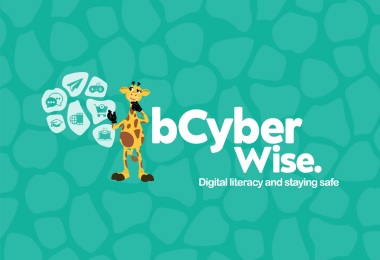
- How to recognise, react and report unwanted contact, bullying or predatory behaviours.
- Keeping personal information safe online.
- Responsible and respectful behaviour when using communication technology.
- Skills for building positive relationships with friends.
- Exploring the role of bystanders.


